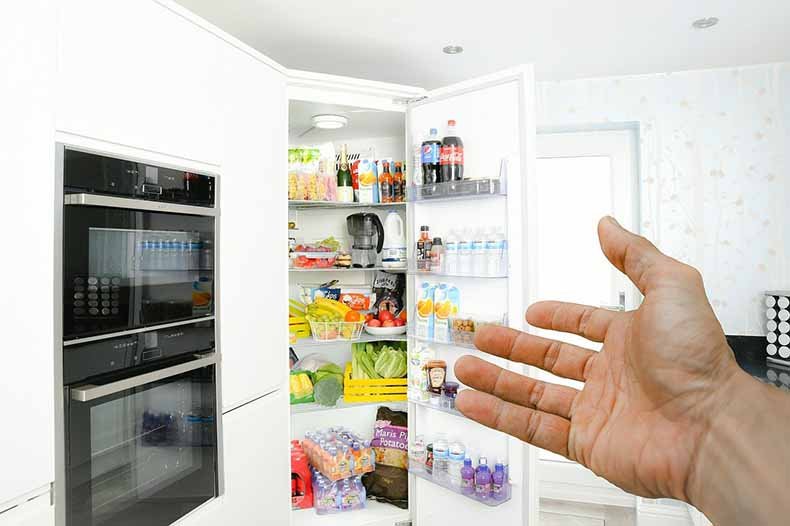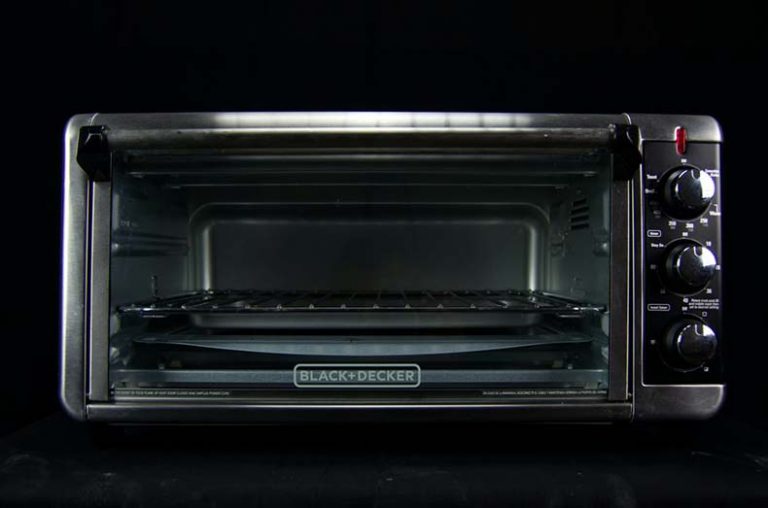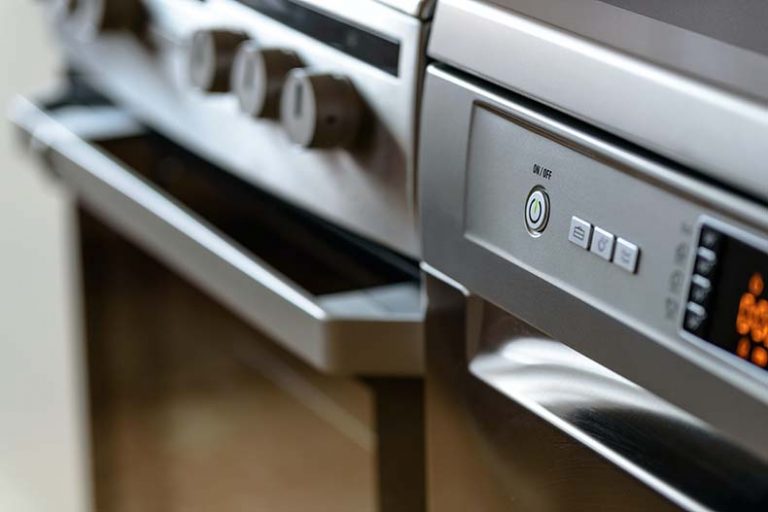Factors To Consider When Sourcing For a Refrigeration Equipment
The necessity for commercial refrigeration equipment has increased drastically due to the increasing demand for refrigerated foods and drinks. The need has made food chains and restaurants acquire refrigeration equipment that maintains food items at the desired temperature.
Whether you own a supermarket or a grocery store, it is crucial to have the proper refrigeration equipment to preserve the quality and taste of your items.
Besides that, your customers will depend on the refrigeration system. For example, if you own a small store and a customer needs a coke, he or she might want to know if a chilled bottle of coke is available. In such a case, you might gain the customer if you have a refrigerator in your store, lest you lose to your competitor.
Selecting the appropriate refrigeration equipment requires proper research. You need to be aware of; the available space for the refrigeration system, the type of food to be stored, and the period you wish to keep the food.
Refrigeration systems come with a substantial overhead cost for business. Such expenses come in the form of;
- installation
- purchase
- maintenance
- Energy expenses
If you want to buy new refrigeration equipment for your business or replace old ones, you need to consult or source your equipment from reputable dealers to get storage solutions that fit your needs.
What are the factors you should consider when acquiring commercial refrigeration equipment?
When you decide to install a refrigeration system in your business, some factors you should consider are;
Cooling requirements
When sourcing refrigeration equipment, you should prioritize efficiency; This means installing cooling units that cater to your business needs at your facility.
Understanding your refrigeration requirements assists you in selecting equipment that will ensure your goods remain cool while minimizing energy losses.
Ownership Cost
Commercial refrigerators are a necessary investment for many food and beverage businesses. Reducing the costs of acquiring such equipment is a good idea. However, it would help if you emphasize operating cost and refrigeration equipment maintenance; This is known as the cost of ownership.
Installation
The cost of hiring a professional to install your refrigeration system is more than using an in-house worker to do the job. Nonetheless, professional installers can reduce the risk of costly repairs and breakdowns.
Maintenance
Most cooling units have almost similar basic maintenance requirements. Nevertheless, issues such as temperature monitoring, cleaning, and checking wear and tear of parts, might differ on some units.
Service
Refrigeration equipment needs regular servicing. It is therefore advisable to choose equipment that can put up with commercial refrigeration.
The money you save by acquiring cheap equipment might make your cooling system more costly in the long run due to repair, maintenance, and replacement costs.
Energy Efficiency
Energy cost account for a large part of a business’s expenses. Buying efficient refrigeration equipment enables you to minimize energy usage. Enclosed refrigeration equipment can reduce energy consumption by a significant percentage.
When buying a refrigeration unit, you should consider the type of insulation in the refrigerator. The R-value of the cooling system points to the quality of insulation. The higher the R-value the insulation is, the better the refrigeration system.







